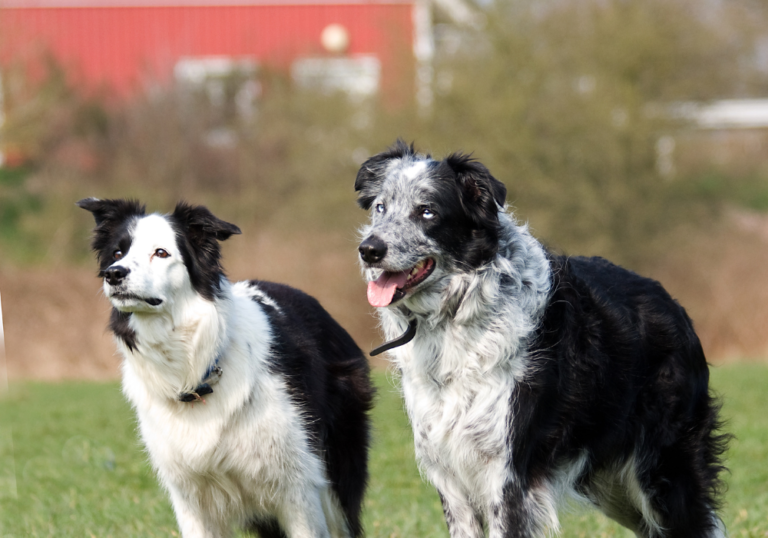Selecting a Puppy or Older Dog: A Comprehensive Guide

Bringing a dog into your home is a rewarding experience that can provide companionship, love, and joy to your family. Whether you’re leaning towards a playful puppy or a wise older dog, it’s essential to understand the distinct needs and characteristics each option presents. In this article, we’ll explore the key factors to consider when selecting a puppy or an older dog.
Selecting a Puppy
A new puppy can be a terrific addition to a family, but with the fun comes significant responsibility for its care and well-being. Before adopting, it’s crucial to consider and prepare for your puppy’s needs.
What to Look for in a Puppy
- Temperament: Choose a puppy that is active, friendly, and inquisitive. Avoid selecting a puppy that seems fearful or aggressive. A timid puppy may carry its fear into adulthood, potentially becoming aggressive in stressful situations. Seek a well-rounded animal that exhibits confidence.
- Family Background: If you’re adopting from a breeder, ask to meet the puppy’s parents and gather information about their temperament. This can give you insights into your puppy’s future behavior. Additionally, speaking with previous owners of related dogs can provide valuable information about health and behavior patterns.
- Socialization: Early socialization is crucial. Healthy puppies learn quickly and benefit from frequent contact with people. The ideal age to bring a puppy into your home is between six to ten weeks. This is when they are most impressionable and can adapt quickly to their new environment.
- Training and Care: Be prepared for several months of housebreaking and initial medical expenses. Avoid engaging in rough play, as this can encourage aggressive behaviors. Instead, focus on positive reinforcement training techniques that promote good behavior.
Selecting an Older Dog
If the thought of training a puppy doesn’t appeal to you, consider adopting an older dog. Many families find that an older, housebroken dog is a better fit for their lifestyle.
Benefits of Choosing an Older Dog
- Established Temperament: Older dogs have established personalities, making it easier to find one that fits well with your family. You can ask shelter personnel or breeders about the dog’s background and personality, ensuring you select a dog that matches your lifestyle.
- Behavioral Insights: Some dogs end up in shelters due to behavioral issues, while others are simply abandoned when owners can no longer care for them. Understanding the dog’s background can help you make an informed decision.
- Companionship: Older dogs can be incredibly loyal companions. By providing a loving home to a dog in need, you not only gain a friend but also offer a second chance to an animal that may have faced hardship.
- No Need for Housebreaking: One of the most significant advantages of adopting an older dog is that they are often already housebroken, saving you time and effort during the initial adjustment period.
Making the Right Choice
Ultimately, the decision between a puppy and an older dog should align with your family’s lifestyle, preferences, and readiness for pet ownership. If you’re willing to invest time and effort into training and socializing, a puppy may be the right choice. However, if you prefer a companion with an established temperament and behavior, an older dog could be the perfect fit.
Consult Our Experts
For personalized advice tailored to your situation, consult our doctors at Acacia Pet Hospital. They can guide you in selecting the right pet for your family and provide essential health care tips for your new furry friend.
If you need more help or have any questions, call us at Acacia Pet Hospital, (408) 264-6354. Our address is 4486 Pearl Ave, San Jose, CA 95136, and our hours are Monday-Friday: 8:00 am – 5:00 pm.

